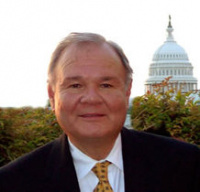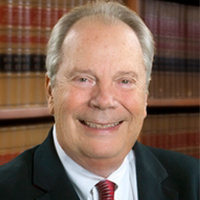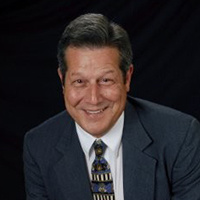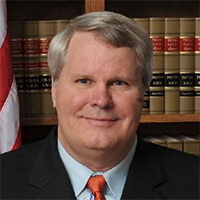Austin Estate Lawyer, Texas
Sponsored Law Firm
-
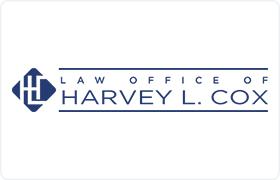 x
x

Click For More Info:
-
Law Office of Harvey L. Cox
1600 Lake Air Drive Suite 102 Waco, TX 76710» view mapEstate Law, Power of Attorney A New Perspective On Estate Planning
Our Family Estate & Business Planning focuses on protecting your assets from creditors, predators, lawsuits, judgments, liens, and greedy relatives.
800-795-7741
Frank E. Scofield
✓ VERIFIEDA fourth-generation Texan, Frank E. Scofield was born to ranch work and the outdoors. Prior to completing undergraduate studies at UT Austin, he worke... (more)
William T. Peckham
✓ VERIFIED
Richard Pena
✓ VERIFIEDRichard Pena is president and CEO of the firm. He was elected by his peers to serve as the President of the State Bar of Texas from 1998-1999. He serv... (more)
Matt Mahoney
✓ VERIFIEDMatt Mahoney graduated from the University of Colorado at Boulder in 2001 with a Degree in Applied Mathematics in Engineering, and he graduated from N... (more)
Philip Mcduffie Wilson
✓ VERIFIEDPhilip "Mick" Wilson's unique educational and legal background permits a fresh take on many legal cases, particularly family law matters. His history ... (more)
Mike Massey
✓ VERIFIEDHundreds of your neighbors have given us 5 Star reviews. Estate Planning: Don't you want to make sure that your life savings goes to the right people ... (more)
Terry L. Belt
✓ VERIFIEDTerry Belt arrived in Austin in 1965 from the little German town of Weimar, Texas, where he learned to haul hay bales for the local farmers. He attend... (more)
Les David Romo
✓ VERIFIEDAttorney Les Romo graduated from Southwestern University here in Georgetown and went on to earn his Doctorate of Jurisprudence at St. Mary’s Univers... (more)
Derek Robert Van Gilder
✓ VERIFIEDThe attorneys at the Law Office of Derek R. Van Gilder bring decades of experience and success to the table representing individuals and businesses in... (more)
FREE CONSULTATION
CONTACT Harvey L. Cox Waco, TX
Harvey L. Cox Waco, TX Practice AreasExpertise
Practice AreasExpertise

